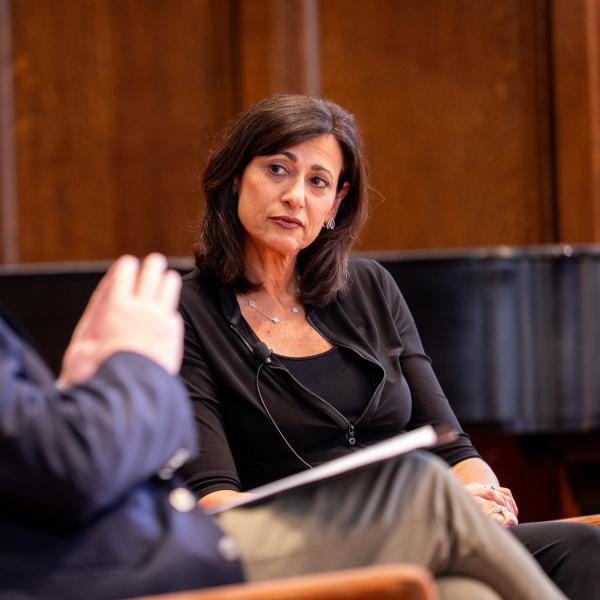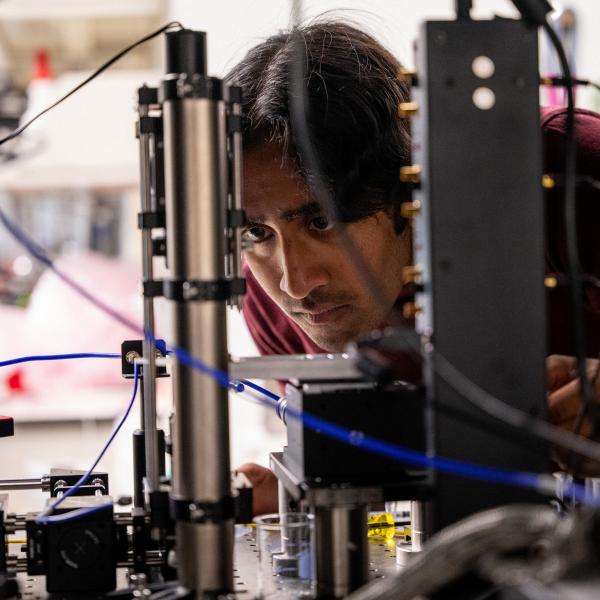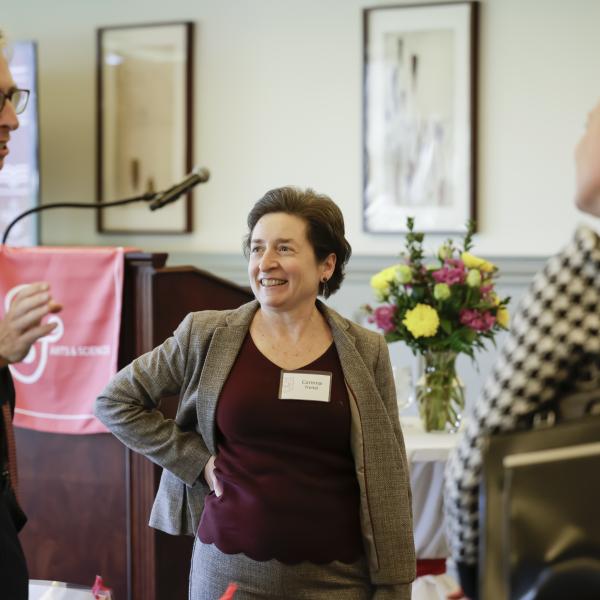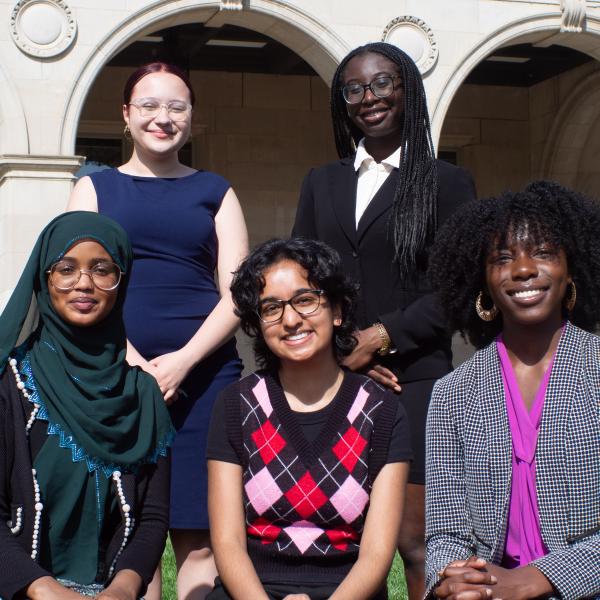Twenty-three new faculty members join Arts & Sciences in 2017.
Every fall, Arts & Sciences welcomes new faces to our community. In addition to a talented group of undergraduate and graduate students, this year's recruits include 23 new faculty members.
"We are delighted to welcome such a large and impressive group of new faculty," says Barbara Schaal, dean of the faculty of Arts & Sciences. "Our new colleagues bring stellar backgrounds and exciting research interests to Arts & Sciences, and their work will contribute greatly to our ongoing efforts across the natural sciences, social sciences, and humanities."
Anthropology
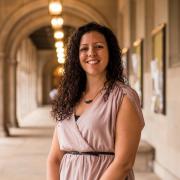
Assistant Professor
Krista Milich is a primate behavioral ecologist and socioendocrinologist with an interest in reproductive physiology and sexual selection. Her work aims to understand the proximate and ultimate mechanisms associated with the evolution of primate social systems and to use that knowledge to inform primate conservation efforts. Her current work also includes studying Zika virus and the gut microbiome. Milich earned her doctorate from the University of Illinois at Urbana-Champaign and joins us from a postdoctoral appointment at the University of Texas at Austin. Outreach projects include a collaborative initiative to reduce crop raiding in Uganda.
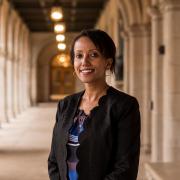
Assistant Professor
Helina Woldekiros' areas of specialization include subsistence and economic anthropology, bioarchaeology, foodways, human–animal interactions, and African archaeology. Her work focuses in part on human adaptations in the Horn of Africa during the beginnings of food production. Woldekiros completed her dissertation at Washington University in St. Louis before receiving a Volkswagen postdoctoral fellowship at Ludwig Maximilian University in Munich, Germany. She then returned to WashU, where she recently served as a postdoctoral associate. This fall, her team unearthed the oldest known physical evidence for the introduction to domesticated chickens to the continent of Africa.
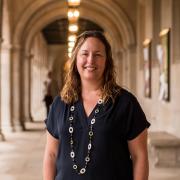
Assistant Professor
Emily Wroblewski is a geneticist investigating the population and evolutionary immunogenetics of the major histocompatibility complex (MHC) in African apes (chimpanzees, bonobos, and gorillas). MHC molecules are critical to the immune response to infection and also influence other essential, but often competing, fitness-related functions such as reproduction and social behavior. During her doctoral work at the University of Minnesota, Wroblewski investigated patterns of paternity and the influence of paternal relationships on chimpanzee social behavior in the population of Gombe National Park, Tanzania. Most recently, she served as a postdoctoral fellow and research scientist at Stanford University.
Biology

Assistant Professor
Keith Hengen’s research interests are rooted in the homeostatic self-organization of intact neural networks that support sensation, perception, and cognition, and how appropriate information transmission in these systems is established during development and disrupted in disease. Hengen most recently served as a postdoctoral fellow at Brandeis University. Previously, as a doctoral candidate at the University of Wisconsin-Madison, he studied brainstem respiratory networks in hibernating ground squirrels. Hengen’s new neuroscience laboratory at Washington University investigates the role of sleep and wake in chaperoning the interactions between distinct plasticity mechanisms.
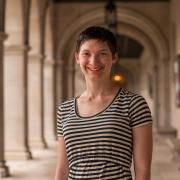
Assistant Professor
Rachel Penczykowski is broadly interested in the ecology and evolution of host–parasite interactions, and how ecological context affects the risk of infection and consequences of disease for hosts. Her research involves a combination of observational studies of natural populations and communities, manipulative experiments in the field and lab, and mathematical models. Penczykowski has held postdoctoral appointments at the University of Wisconsin-Madison and at the University of Helsinki, Finland. She earned her doctorate at the Georgia Institute of Technology, where her work was supported by a National Science Foundation Graduate Research Fellowship.
Chemistry
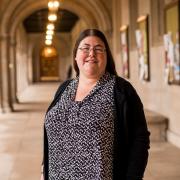
Assistant Professor
Meredith Jackrel’s interests include protein folding, misfolding, and neurodegenerative disease; protein chaperones; protein engineering; amyloid; yeast models of disease; and motor proteins. Her lab uses protein engineering and directed evolution to develop specialized molecular machines to reverse the protein misfolding implicated in human diseases such as Parkinson’s, Alzheimer’s, and Huntington’s. Jackrel earned her doctorate from Yale University, and then from 2010-17 was a postdoctoral fellow at the University of Pennsylvania's Perelman School of Medicine. Her work appears in such publications as Cell, Molecular Cell, and Science.
Economics
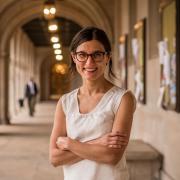
Assistant Professor
Most recently, Ana Babus was a financial economist at the Federal Reserve Bank of Chicago, where she worked within the economic research department. Previously, she served as a research fellow at the University of Cambridge, a postdoc at Princeton University’s Bendheim Center for Finance, and an assistant professor at Imperial College London. Her doctorate was awarded at Erasmus University Rotterdam. Babus’ research concerning trade in over-the-counter markets and financial intermediation has appeared in such publications as Journal of Financial Economics and RAND Journal of Economics.
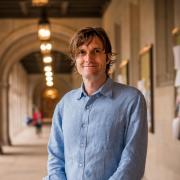
Professor
Francisco (Paco) Buera is a macroeconomist whose best-known work lies at the intersection of finance, economic growth, and development economics. His current research spans many topics, including the role of financial markets in the process of development, the rise of the service economy, and the diffusion of technologies and economic policies across countries. He comes to Washington University from the Federal Reserve Bank of Chicago, where he served as a senior economist and research advisor. Previously, he held positions at UCLA, the Federal Reserve Bank of Minneapolis, Princeton University, MIT, and Northwestern University. Buera is an associate editor at the Review of Economic Studies and the American Economic Journal: Macroeconomics.

Assistant Professor
Sanghmitra Gautam’s research fields are development economics, applied microeconomics, and public economics. Her research focuses on the role of imperfect credit markets and externalities in shaping household demand for basic healthcare technologies in the developing world. In her approach, she combines dynamic household demand models of technology adoption with strategic interaction models that she identifies and estimates on unique micro-data using novel econometric methods. Gautam’s teaching interests include statistical methods in economics and public economic issues in developing countries. She earned her doctorate from University College London in April 2017.
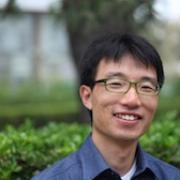
Assistant Professor
After earning his doctorate from the California Institute of Technology in 2012, SangMok Lee joined the economics faculty at the University of Pennsylvania as a lecturer and then assistant professor. His research interests include microeconomic theory, game theory, revealed preference, and matching theory. His latest paper, “Incentive Compatibility of Large Centralized Matching Markets,” appears in the Review of Economics Studies. In 2017, Lee gave talks at Arizona, UC-Davis, and the Allied Social Sciences Associations annual meeting in Chicago.
Education
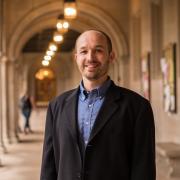
Associate Professor
Andrew Butler is interested in the malleability of memory – the cognitive processes and mechanisms that cause memories to change or remain stable over time. His Memory Dynamics Laboratory at Washington University addresses both theoretical issues in cognitive psychology and practical applications to education and mental health. Butler returns to campus as an alumnus, having earned his doctorate at WashU in 2009. Most recently, he was a faculty member in the educational psychology department at the University of Texas at Austin. His recent publications appear in such outlets as Journal of Experimental Psychology and Consciousness and Cognition.
Mathematics
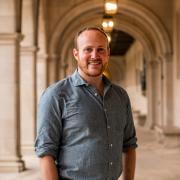
Assistant Professor
Steven Frankel’s research, which spans the fields of low-dimensional topology, dynamics, and geometric group theory, studies the relationships between the shape of a space, its symmetries, and the kinds of dynamical systems it supports. After earning his doctorate from the University of Cambridge, Frankel joined the mathematics department at Yale University. He has also served as a member of the Institute for Advanced Study in Princeton, where he received the Eric and Wendy Schmidt Fellowship. His work is supported by the National Science Foundation.
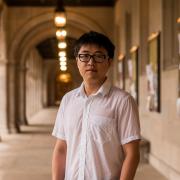
Assistant Professor
Yanli Song is interested in equivariant index theory for manifolds with various group actions, interactions with non-commutative geometry, symplectic geometry, and representation theory. Most recently, he was the John Wesley Young Research Instructor of mathematics at Dartmouth College. Previously, he earned his doctorate at Pennsylvania State University and held a postdoctoral position at the University of Toronto. His recent papers include “On the Vergne conjecture” and “A K-homological approach to the quantization commutes with reduction problem.”
Philosophy
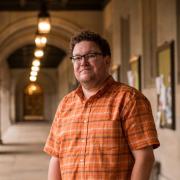
Assistant Professor
Allan Hazlett studied philosophy at Brown University, earning his doctorate in 2006. Since then he has worked for Texas Tech University, Fordham University, Dartmouth College, the University of Edinburgh, and the University of New Mexico. His main areas of research is epistemology, with an emphasis on the social and political aspects of intellectual virtue. He is the author of two books: A Luxury of the Understanding: On the Value of True Belief (Oxford University Press, 2013) and A Critical Introduction to Skepticism (Bloomsbury Publishing, 2014).
Physics
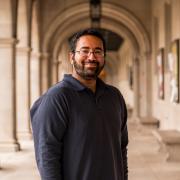
Assistant Professor
Shankar Mukherji uses a combination of theory and experimental techniques from a systems and synthetic biology perspective to uncover the design principles that govern cellular function. In particular, he is interested in understanding one of the defining features of the eukaryotic cell: its organization into spatial compartments known as organelles. His research group investigates how the cell regulates organelle biogenesis and how, in turn, organelles communicate with the rest of the cell to regulate cellular physiology. From 2010-17, Mukherji was a postdoctoral fellow in the laboratory of Erin O'Shea at Harvard University. He earned his doctorate under Alexander van Oudenaarden from the Massachusetts Institute of Technology/Harvard Medical School.
Political Science
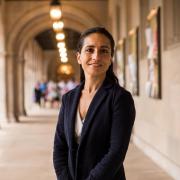
Assistant Professor
Deniz Aksoy’s research is motivated by an interest in comparative political institutions and political violence. Current projects explore the influence of domestic political institutions, such as electoral institutions and political parties, on discontented groups’ incentives to use political violence. Her research has been published in journals such as American Journal of Political Science, World Politics, Journal of Politics, Legislative Studies Quarterly, and British Journal of Political Science. She earned her doctorate from the University of Rochester and has since held academic positions at Pennsylvania State University and Princeton University.
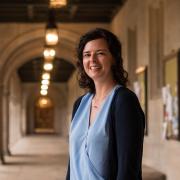
Assistant Professor
Sarah Brierley works in the field of comparative politics, with a regional focus on Sub-Saharan Africa. Her research interests include public sector politics, corruption, electoral accountability, and political party organization. She recently earned her doctorate from the University of California, Los Angeles, where her dissertation focused on the politics of local development and corruption in Ghana. Her work has been published or is forthcoming in the British Journal of Political Science and Electoral Studies, among others. At Washington University, Sarah will teach courses on the political economy of development, and on governance and corruption.
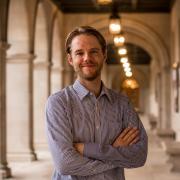
Associate Professor
David Carter’s research is in the field of international relations, with a focus on interstate conflict substate political violence. Recent published work explores territoriality and conflict and how the historical legacies of boundary institutions shape patterns of conflict and cooperation among states. He is currently working on a project that uses new digital maps of secessionist groups’ territorial claims to understand where and why these groups directly attack government forces versus civilian targets. He has published his research in most of the top political science and international relations journals, including American Political Science Review and International Organization. Carter earned his doctorate from the University of Rochester. Since 2011, he has been an assistant professor at Princeton University. From 2014-17, he held the Charles G. Osgood University Preceptorship.
Psychological & Brain Sciences
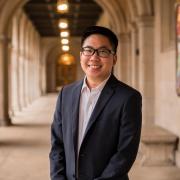
Assistant Professor
Calvin Lai studies implicit biases: automatic or unconscious mental processes that create a gap between what people value (e.g., racial equality) and what people do (e.g., racial discrimination). His research seeks to find the most effective approaches for addressing implicit bias. Lai is the director of research at Project Implicit, a non-profit international collaboration for education and research on implicit bias. He earned his doctorate from the University of Virginia and completed a postdoctoral fellowship at Harvard University.
Sociology
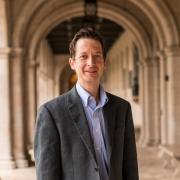
Professor
Timothy Bartley’s areas of specialization include global political economy and governance, environment and sustainability standards, and work and labor standards. After earning his doctorate at the University of Arizona, Bartley joined the faculty at Indiana University. He has also held visiting scholar positions at Princeton University’s Niehaus Center for Globalization and Governance, Sun Yat-Sen University (Guangzhou, China), the Max Planck Institute for the Study of Societies (Köln, Germany), and MIT. He most recently served as associate professor at Ohio State University. Bartley's coauthored book, Looking Behind the Label: Global Industries and the Conscientious Consumer, was published by Indiana University Press in 2015, and his new book, Rules without Rights: Land, Labor, and Private Authority in the Global Economy, will be published by Oxford University Press in early 2018.
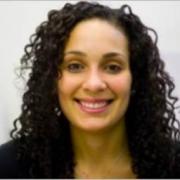
Professor
After earning her doctorate from the University of North Carolina at Chapel Hill in 2009, Hedwig Lee became the Robert Wood Johnson Foundation Health & Society Scholar at the University of Michigan. Most recently, she was associate professor at the University of Washington, where she also served as a faculty affiliate of the Center for Research on Demography and Ecology and Center for Statistics and the Social Sciences. Lee is broadly interested in the social determinants and consequences of population health and health disparities, with a particular focus on race/ethnicity, poverty, race-related stress, and the family.

Assistant Professor
John Robinson’s teaching and research interests lie at the intersection of urban studies, economic sociology, political sociology, law and society, and social policy. His work, which includes a current project on the “affordable housing” industry in the US, examines how macro-economic changes—especially the rise of financial capitalism in the post-industrial era—have redefined politics of race, poverty, and neighborhood inequality within and around American cities. Robinson’s work has been supported by the Ford Foundation, the Horowitz Foundation for Social Policy, the Paris Institute for Political Studies, and the Society for the Advancement of Socio-Economics. He earned his doctorate from Northwestern University in 2016.
Women, Gender, and Sexuality Studies
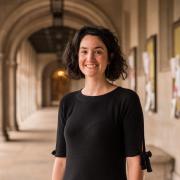
Assistant Professor
Since earning her doctorate from The Graduate Center, City University of New York in 2016, Rachel Brown has held positions at Northeastern University and Mount Holyoke College. Her doctoral work in political science focused in part on issues related to domestic workers and migrant care networks; her dissertation, titled Four years, Three Months: Migrant Caregivers in Israel/Palestine, will be submitted for book review this fall. Brown’s teaching interests include feminist political thought, contemporary political thought, queer theory and citizenship, race and transnational labor, and feminist research methods.
